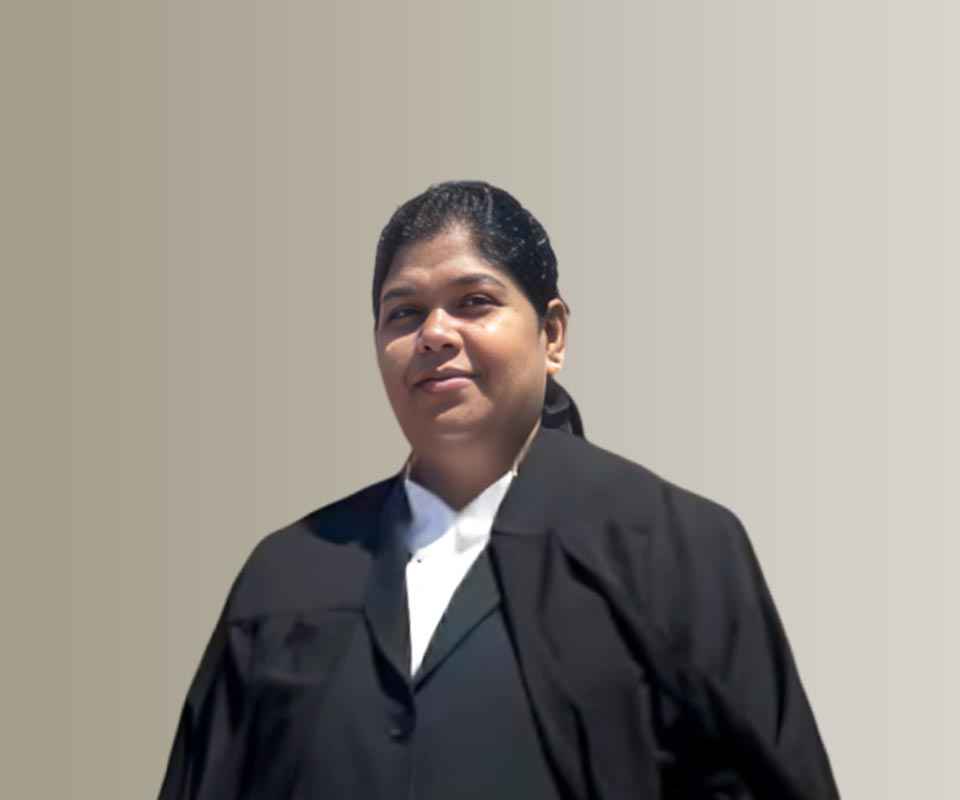Answer By law4u team
Constitution Of India Article 140: Ancillary Powers of Supreme Court
Parliament may by law make provision for conferring upon the Supreme Court such supplemental powers not inconsistent with any of the provisions of this Constitution as may appear to be necessary or desirable for the purpose of enabling the Court more effectively to exercise the jurisdiction conferred upon it by or under this Constitution.
Brief Detail
Article 140 empowers Parliament to confer additional, supplementary powers on the Supreme Court to help it more effectively exercise the jurisdiction granted to it by the Constitution. These powers must not contradict any existing provisions of the Constitution.
Question & Answers
What supplementary powers can be conferred on the Supreme Court under Article 140?
Article 140 allows Parliament to grant supplementary powers to the Supreme Court as necessary for the effective exercise of its jurisdiction, provided these powers do not conflict with the Constitution's provisions.
Why does Article 140 give such powers to the Supreme Court?
The purpose of this provision is to ensure that the Supreme Court can function more efficiently and effectively, and exercise its jurisdiction fully, by enabling it to have any additional powers that might be required in the future.
Example
For example, if the Court needs specific procedural powers to ensure effective implementation of its judgments, Parliament can enact a law under Article 140 to grant those powers, thereby enabling the Court to carry out its functions more efficiently.
Summary
Article 140 grants Parliament the power to bestow supplementary powers upon the Supreme Court, aiding it in more effectively exercising its jurisdiction and ensuring the Court can fulfill its constitutional responsibilities without limitations.






